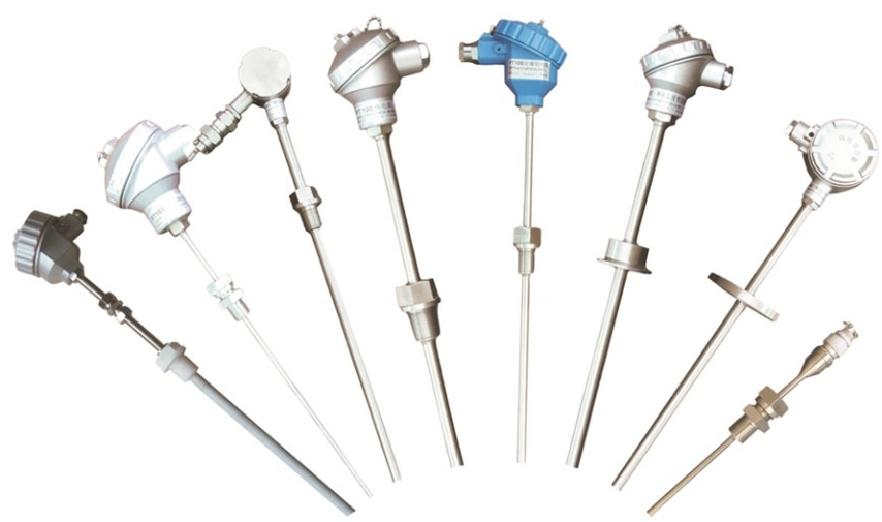Wedoany.com Report-Nov 26, Namibia, which is gearing up to become a major oil and gas producer, holds elections on Wednesday that have been billed as the most hotly contested in the arid southern African nation since it gained independence in 1990.
The South West Africa People’s Organisation has dominated Namibian politics for the past 35 years, but its support has steadily slipped amid public anger over a lack of jobs, graft and high levels of inequality. Its flagbearer is Netumbo Nandi-Ndaitwah, 72, currently the deputy president, who stands to become Namibia’s first female leader if she wins.
The biggest threat to the ruling party is likely to come from the four-year-old Independent Patriots for Change. Its founder Panduleni Itula, a former Swapo member who secured 29% of the vote when ran for president as an independent in 2019, is seen as the strongest of Nandi-Ndaitwah’s 14 challengers.
A survey published in July by research company Afrobarometer showed 76% of Namibians believed the country was heading in the wrong direction, with unemployment and corruption among the respondents’ top concerns. The study showed similar levels of disgruntlement with the status quo in Botswana, where the party that ruled the country for almost six decades finished fourth in Oct. 30 elections, and in Mauritius, where an opposition coalition won all 60 parliamentary seats in a Nov. 10 vote.
It is possible, albeit unlikely, that Swapo — which garnered 65.5% support in 2019 — will relinquish its parliamentary majority, according to Henning Melber, an associate at the Nordic Africa Institute at the University of Uppsala.
The next administration will need to manage an anticipated hydrocarbon boom following recent offshore discoveries in the Orange Basin by companies including TotalEnergies SE and Shell Plc.
The government expects commercial production to begin as early as 2029 and predicts the revenue will transform Namibia’s economy. Opposition parties have, however, cautioned that Swapo has a poor record in managing the country’s natural resources, which include diamonds and uranium, and there is a danger oil and gas proceeds may benefit a select few unless transparency and accountability are prioritized.
The nation’s new leaders will also have to tackle a slew of other challenges: A 43% unemployment rate; a crippling drought that has further depleted water resources in what was already sub-Saharan Africa’s driest country; and a mushrooming housing crisis — the latest census reveals that almost a third of households are accommodated in shacks, up from 16% in 2011.
Under Namibia’s electoral system, the 96 elected seats in the National Assembly are allocated to parties in proportion to the percentage the vote they win. To secure the presidency, a candidate needs to win more than half the vote, failing which a runoff is held. The incumbent president is Nangolo Mbumba, 83, who took office in February following the death of Hage Geingob. He declined to run for a full term.
Some 1.47 million people have registered to cast ballots, a 12.7% increase since the last national election five years ago.

















